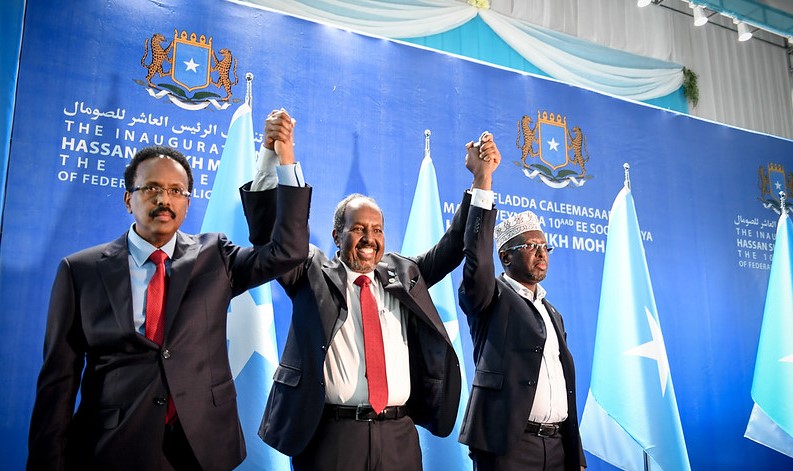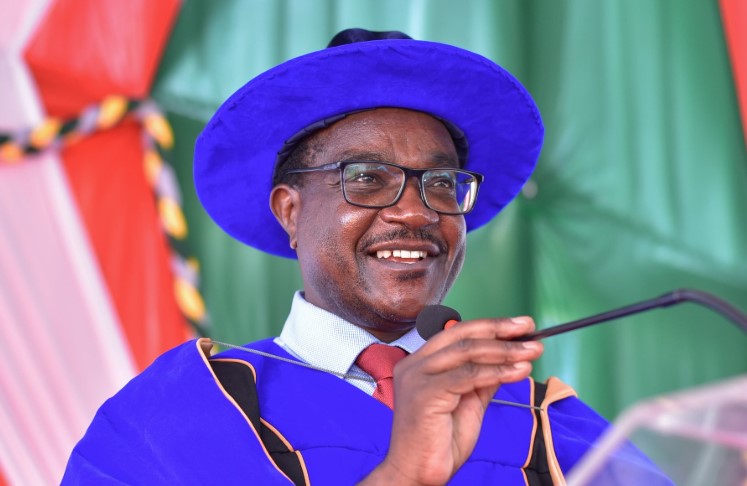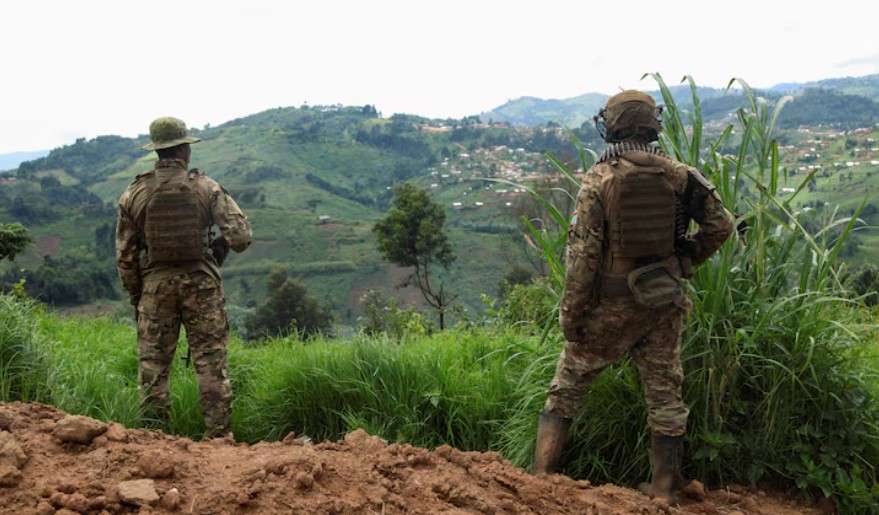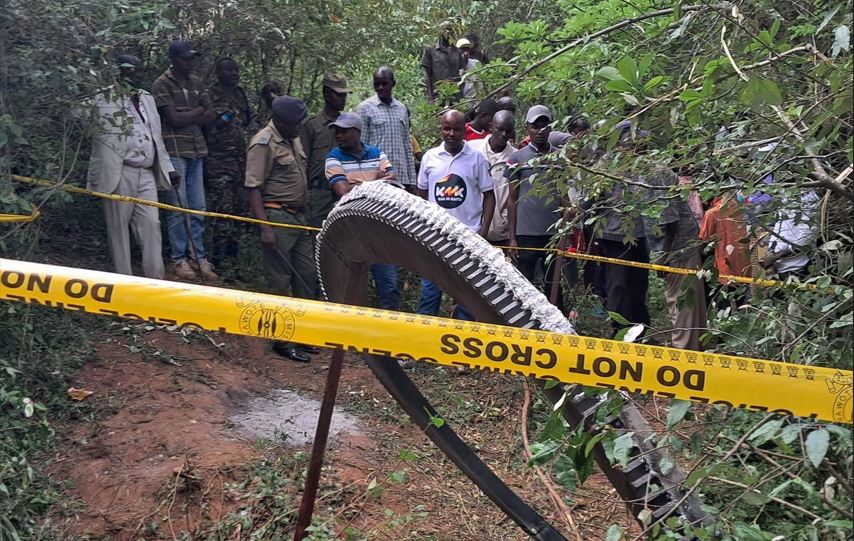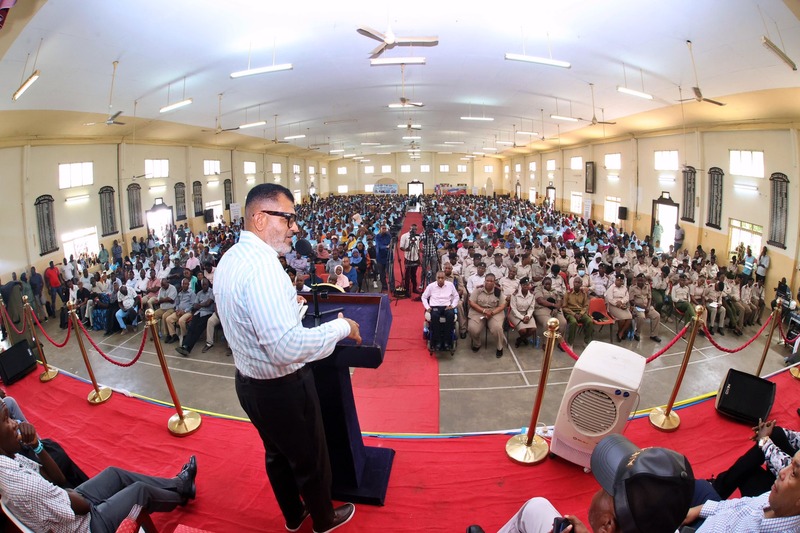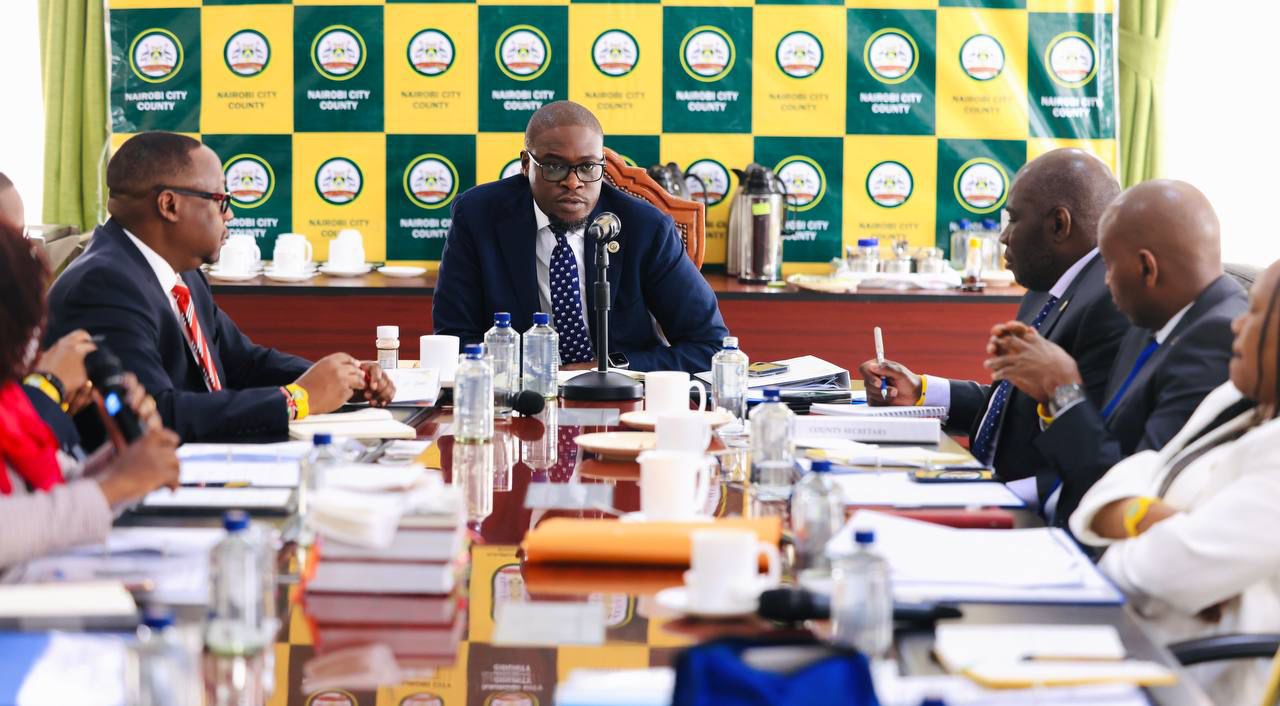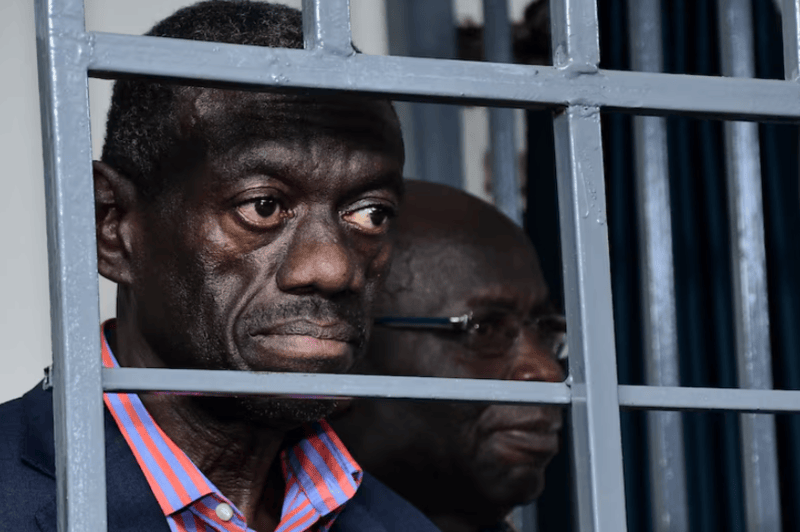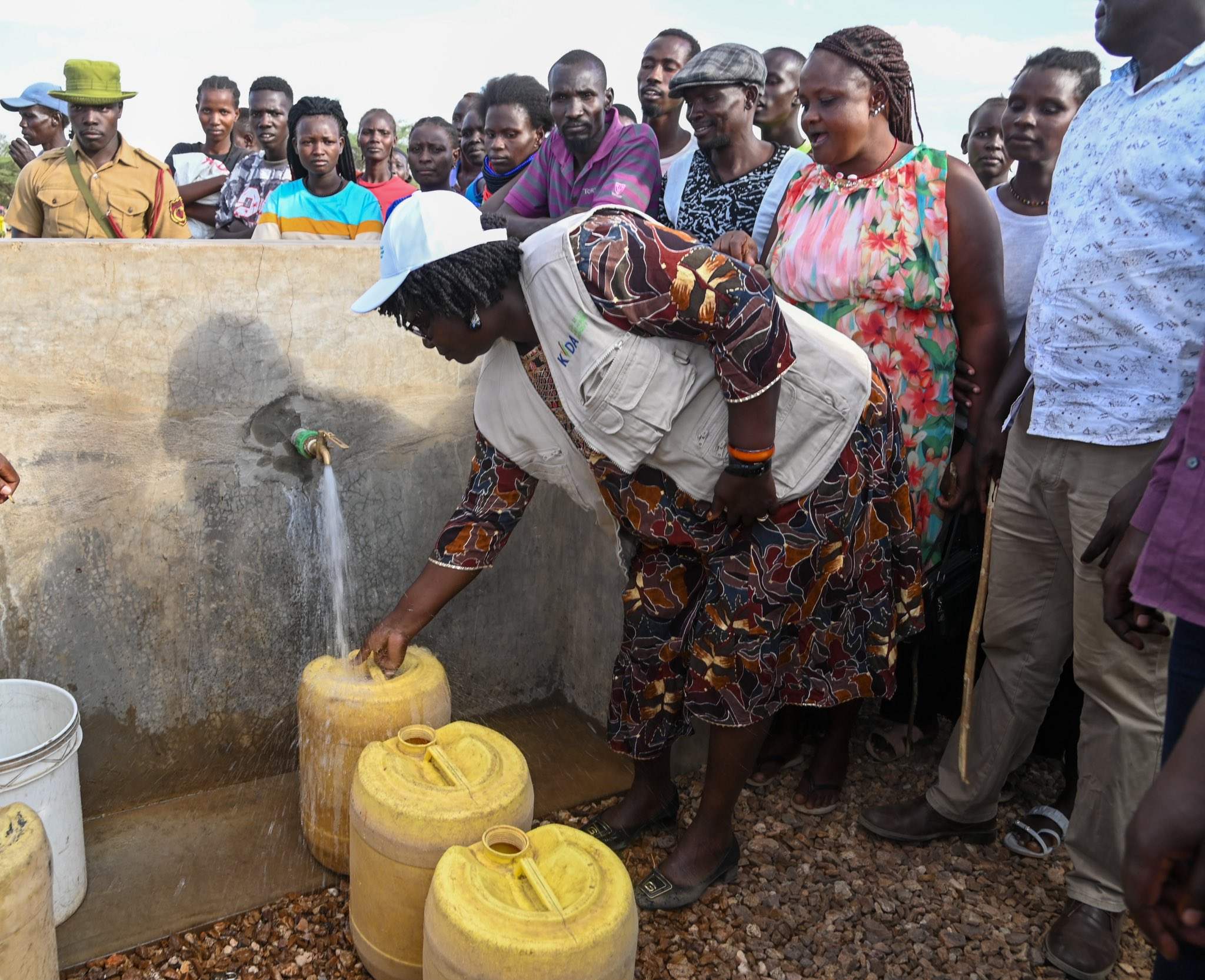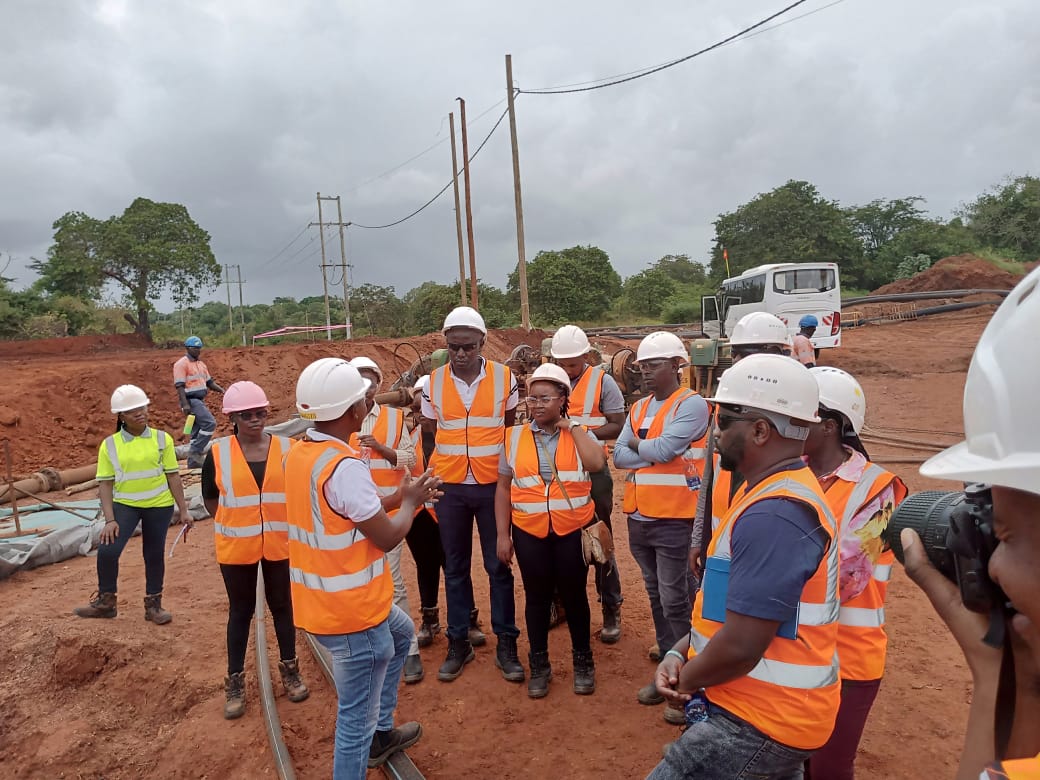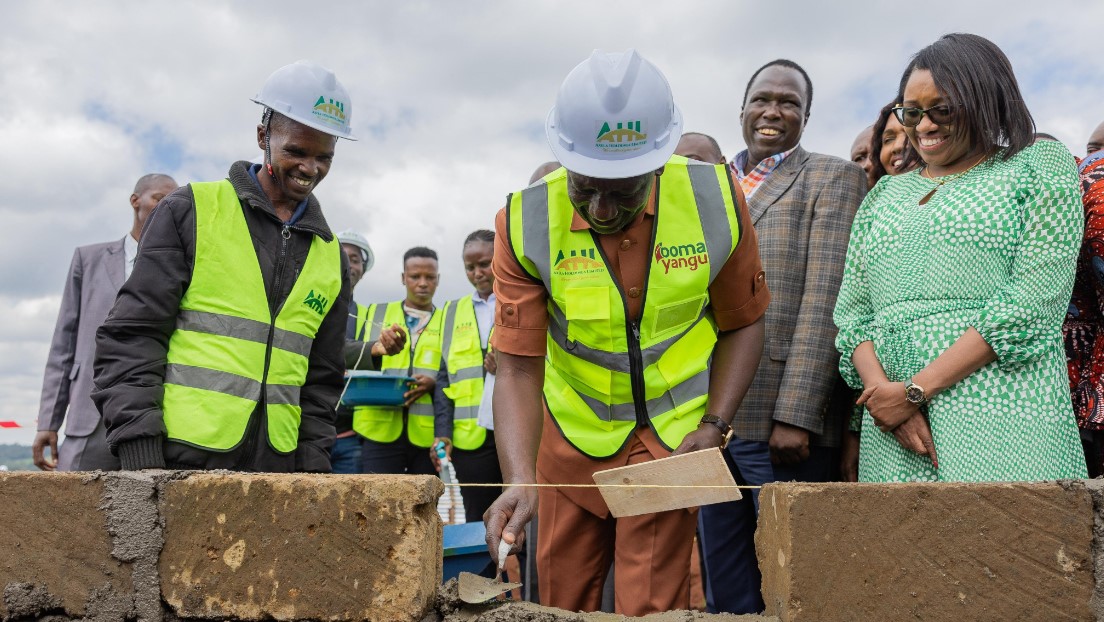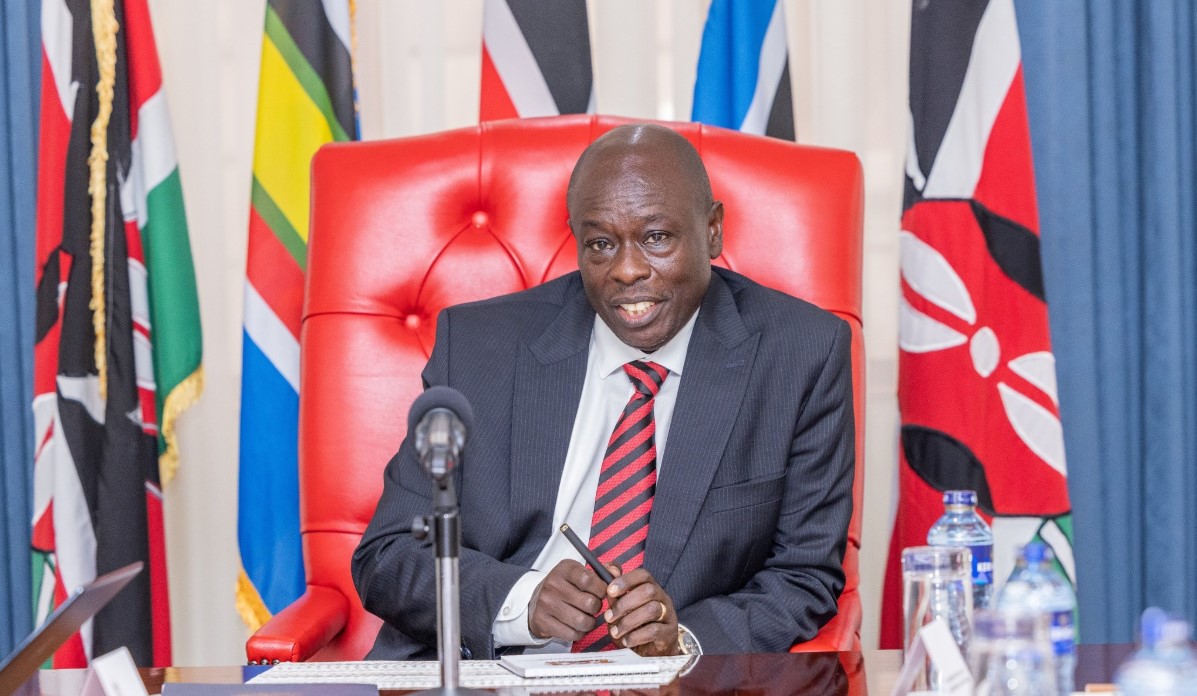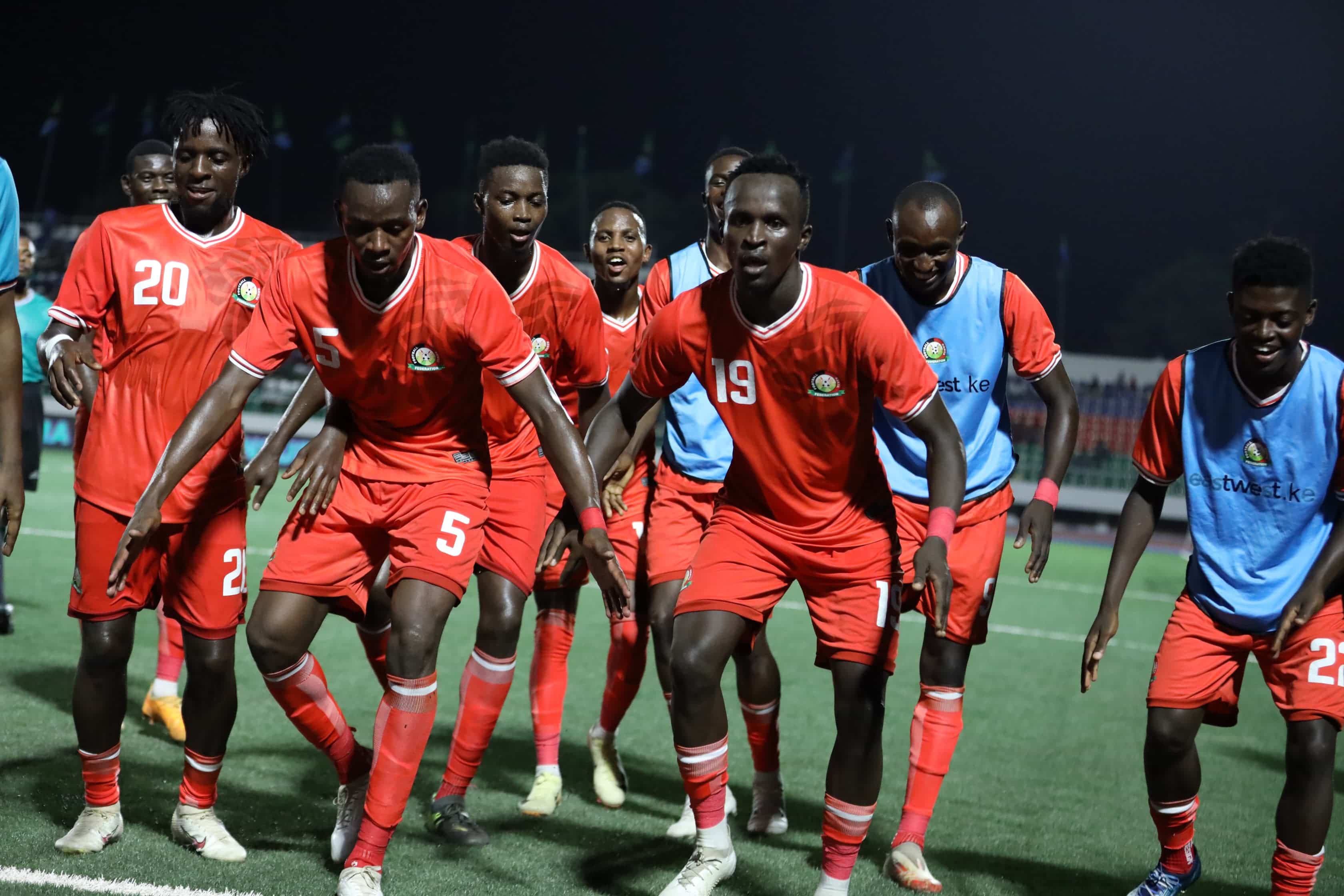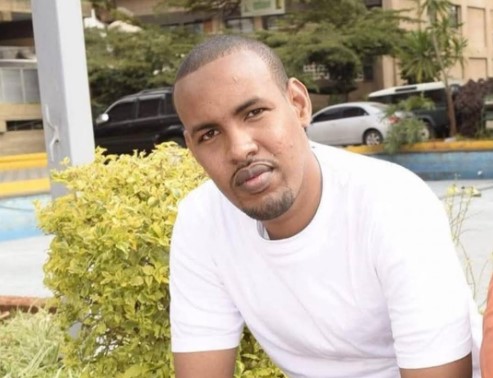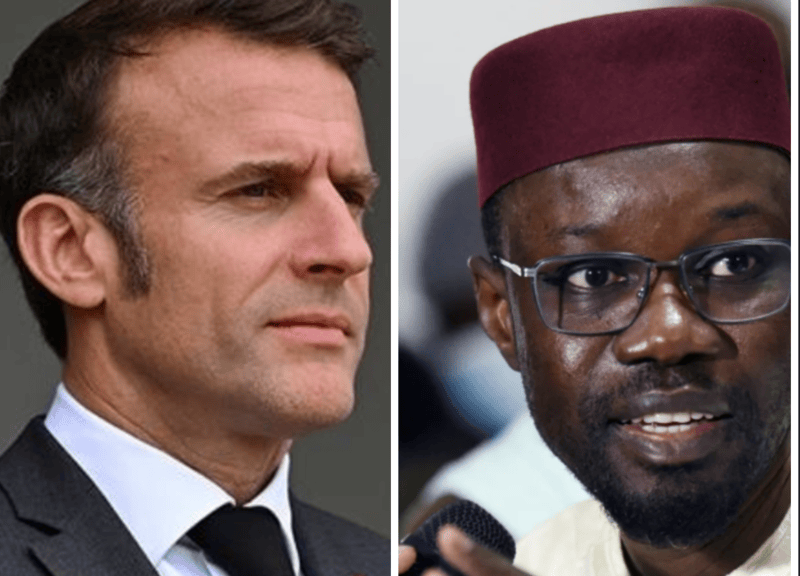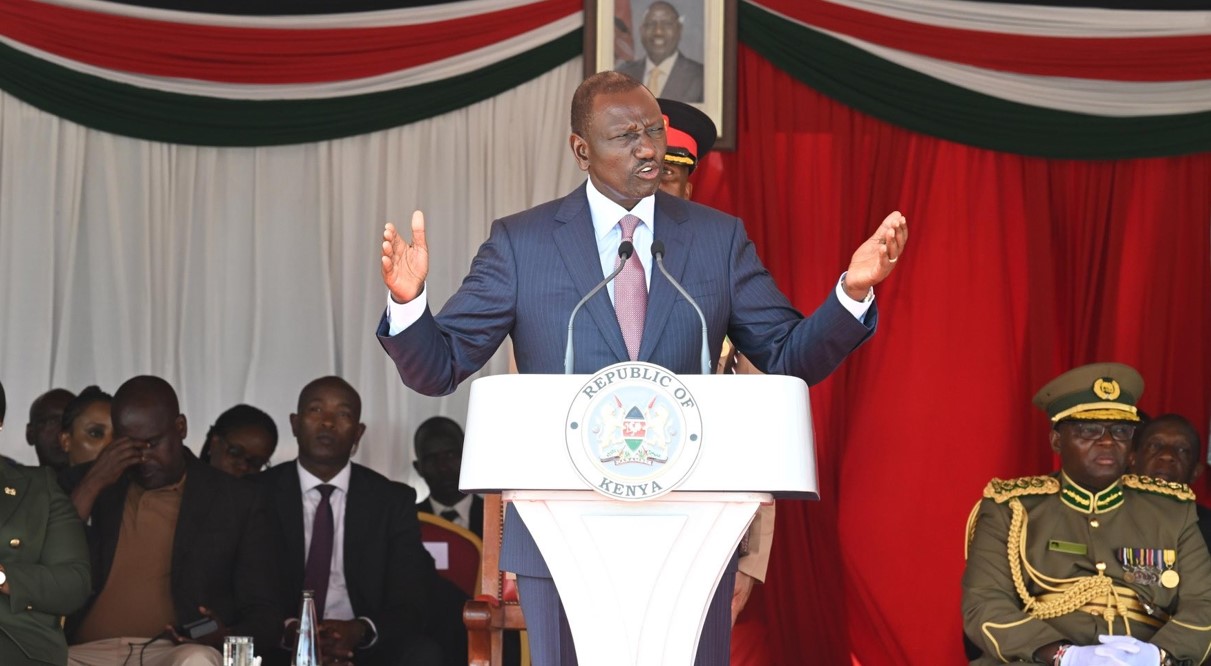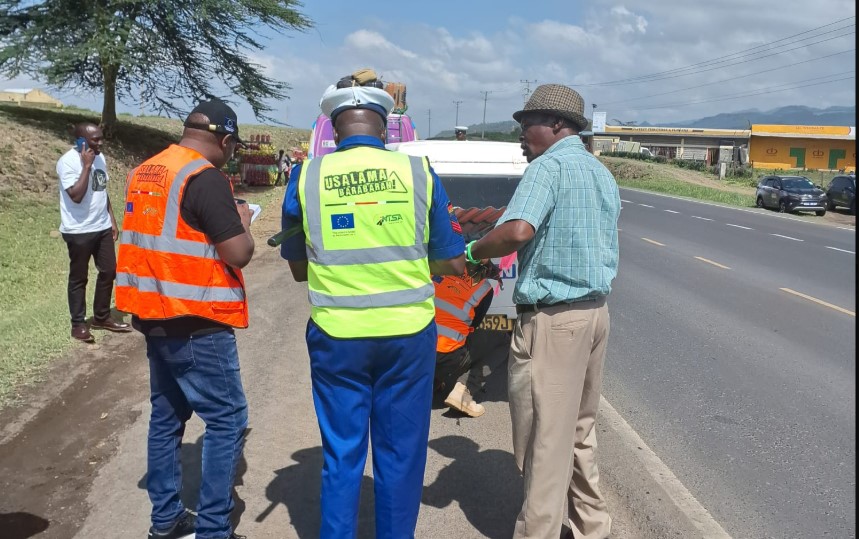Ministry of Interior Seeks Sh108 billion for Maraga Taskforce reforms
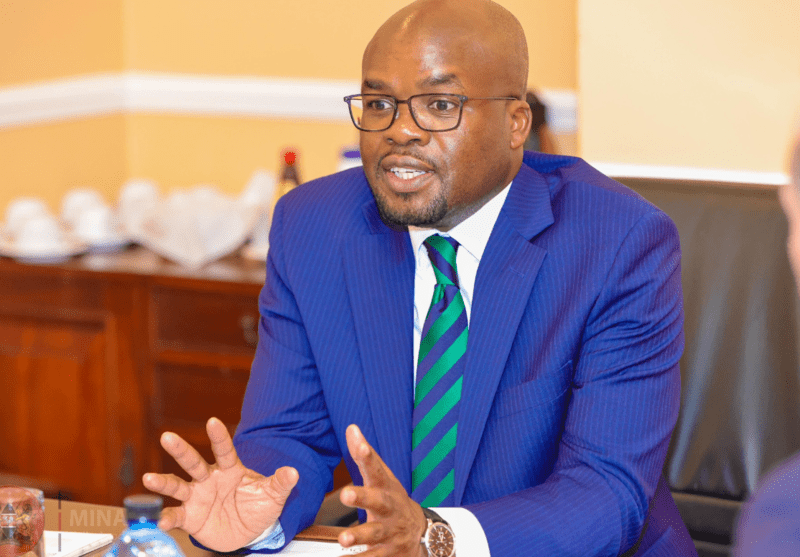
The reforms are set to be implemented over four years, from 2024 to 2028, in alignment with the strategic framework guiding the process.
The Ministry of Interior requires Sh108 billion to implement 177 recommendations from the Maraga Taskforce that were identified as needing funding, announced Principal Secretary Raymond Omollo on Thursday.
Maraga Taskforce was set up to review the operations within the National Police Service, Kenya Prisons Service and the National Youth Service and was chaired by former Chief Justice David Maraga.
More To Read
- Ruto says Equatorial Guinea and Togo back Raila Odinga's AUC chairmanship bid
- Ruto: Raila Odinga is not AUC candidate for Kenya but for East Africa
- Kenya’s policing reforms: Progress, challenges and negative public perception
- Infotrak survey shows most Kenyans dissatisfied with 2024, say 2025 could be worse
The Taskforce made 598 specific reform recommendations, comprising 271 for the police service, 210 for the NYS, and 117 for the prison service.
The PS explained that out of the 598 recommendations, the National Inter-Agency Steering Committee identified 291 that could be implemented through administrative action without financial implications.
"A total of 177 reform recommendations can be implemented with financial resources, without needing policy or legislative changes," PS Omollo stated after a roundtable discussion with development partners. He urged them to support the Government's reform agenda for successful implementation.
Other reforms will require changes to policy and legislation or further consultation with stakeholders.
The reforms are set to be implemented over four years, from 2024 to 2028, in alignment with the strategic framework guiding the process.
Development partners at the meeting pledged their support for the reforms and commended the Government for the progress and direction of the changes.
The Maraga Taskforce submitted its report to President William Ruto in November last year, who then directed its full implementation in line with his campaign promises, which included improving police officers' welfare regarding salaries and uniforms.
United Nations Development Programme (UNDP) Resident Representative Anthony Ngororano and United Kingdom High Commissioner to Kenya Neil Wigan expressed confidence that the strategic framework guiding the implementation was robust and could achieve the intended results.
"Congratulations on swiftly developing the strategic framework and establishing the reform unit and national steering committee to guide the process," Ngororano said.
The interagency team led by PS Omollo identified four key areas of reform: leadership in the three services; oversight and accountability; institutional capacity development and human resource management and development; and operational preparedness and logistical capability.
"We commend the progress made in developing the strategic framework to govern and prioritise the police reform agenda," said the UK High Commissioner.
He added that the UK, in consultation with the Ministry of Interior, remains keen to support the reforms, including the police modernisation program, accountability mechanisms, and the fight against corruption, as well as supporting monitoring and evaluation of the reforms.
Also present at the roundtable meeting were the Principal Secretary for Correctional Services Salome Muhia-Beacco, and Solicitor-General Shadrack Mose.


